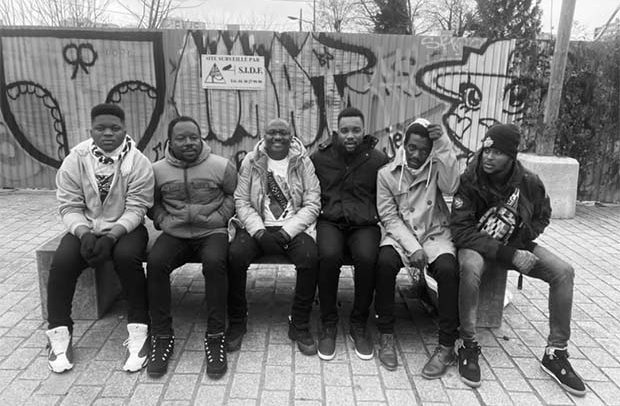Wazumbians
They found themselves jamming away in a Parisian jazz club a few hours after touchdown in the French capital to begin work on a new 10-track album.
Word had gone round in sections of the music community in Paris that the Wazumbians from Ghana were flying in.
Some African music enthusiasts were, therefore, keen to be among the first to catch them live on stage before they immersed themselves for long hours each day in a recording studio.
The group’s leader, Francis Chapman Abban-Hagan, better known as Wazumbi, said they were happy to be in France to put together a new collection of songs which he hoped would attract music lovers from across the world.
“We said it when our debut Takonasi album came out early last year that it would open more doors for us. We see that happening now. We have firmly grabbed the opportunity and running with it,” Wazumbi stated.
His band was invited to record in France by the Marseille-based African Corporation Production Company. Work has started in Paris but will eventually end in Marseille.
According to Wazumbi, they so far find Paris to be a culturally stimulating environment. He was confident they would accomplish their targets there before moving on to Marseille for the final bit of the recording project.
“We have been experimenting with giving our music a renewed boost by incorporating more African instruments. We know it is appropriate and the time to do that is now,” the band leader added.
The Wazumbians play vibrant Afrofusion stuff. Their style is a mix of Highlife, Jazz, Afrobeat, Reggae and a variety of Ghanaian traditional rhythms. They offer a message-ridden music that Wazumbi says sits in very well with their Afro-centric outlook.
The band was formed in 2016 and plays strictly its own repertoire at gigs. It has participated in music festivals in Togo, Nigeria and Benin and has been hailed for its gripping live presentations.
The expectation is that more fans would be won over when the France recording sessions are eventually released.
By George Clifford Owusu

